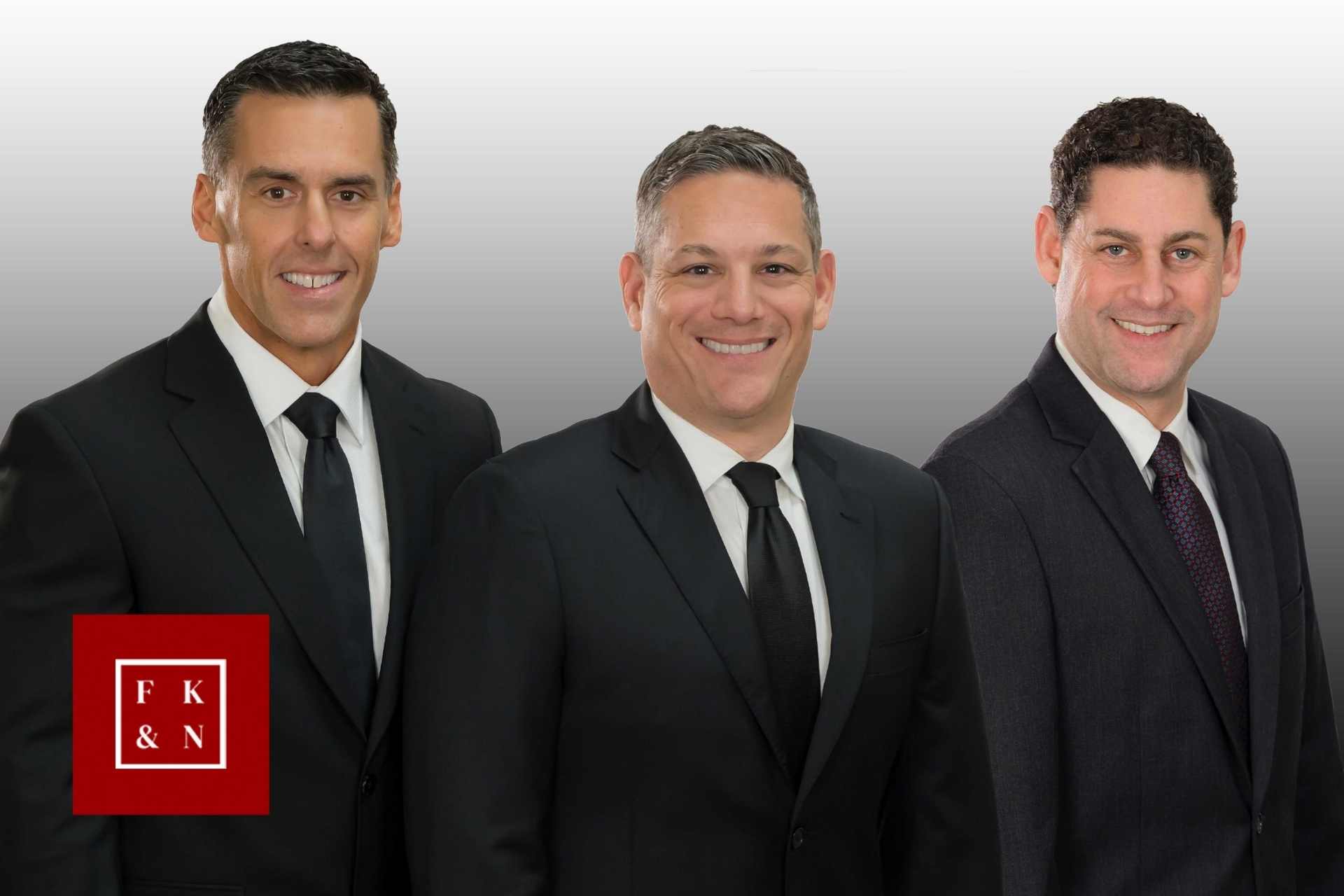You need to tell all of your attorneys about all of your lawsuits so that your attorney(s) can protect your interests, ensure no possible claims or lawsuits will be waived and provide you with the best legal service possible. This includes telling your Workers’ Compensation attorney about Employment related claims, Civil Lawsuits and other pending or potential claims.
Workers’ compensation attorneys are responsible for providing legal advice, including how to obtain medical care and lost wages after an employee is hurt at work. However, there are additional duties and responsibilities that do not end there. If an injured worker wishes to settle their work comp case, the terms of the settlement may require a General Release against the employer. The language of the release may include a waiver of claims for matters including, but not limited to, Wage and Hour lawsuits, Overtime lawsuits, Harassment lawsuits, Discrimination lawsuits and more.
If the attorney is not advised of pending claims like those listed above, they cannot keep those claims viable for the injured worker to pursue. If the injured worker fails to notify the attorney of a pending or possible claim, and the Release is signed, the injured worker may never be able to pursue those claims again.
Further, the workers’ compensation insurance company may have a lien on a 3rd party lawsuit where the injured worker is expecting a judgment or settlement. It may be very helpful in either the workers’ compensation case or the 3rd party case for the lien to either be waived or protected, depending on the advice of the 3rd party attorney. If the injured worker fails to advise the workers’ compensation attorney of the existence of the 3rd party, divorce, employment or other attorney, then the injured worker’s best interests cannot be served.
The best policy for an injured worker who hires a workers’ compensation attorney is to tell them of all of the cases they have or think they may have. The work comp attorney can then provide advice as how to best proceed in the workers’ compensation case, to refer the injured worker to the correct attorney to speak with regarding the injured worker’s non-work comp claims and to maximize all cases in the best interest of the client.

